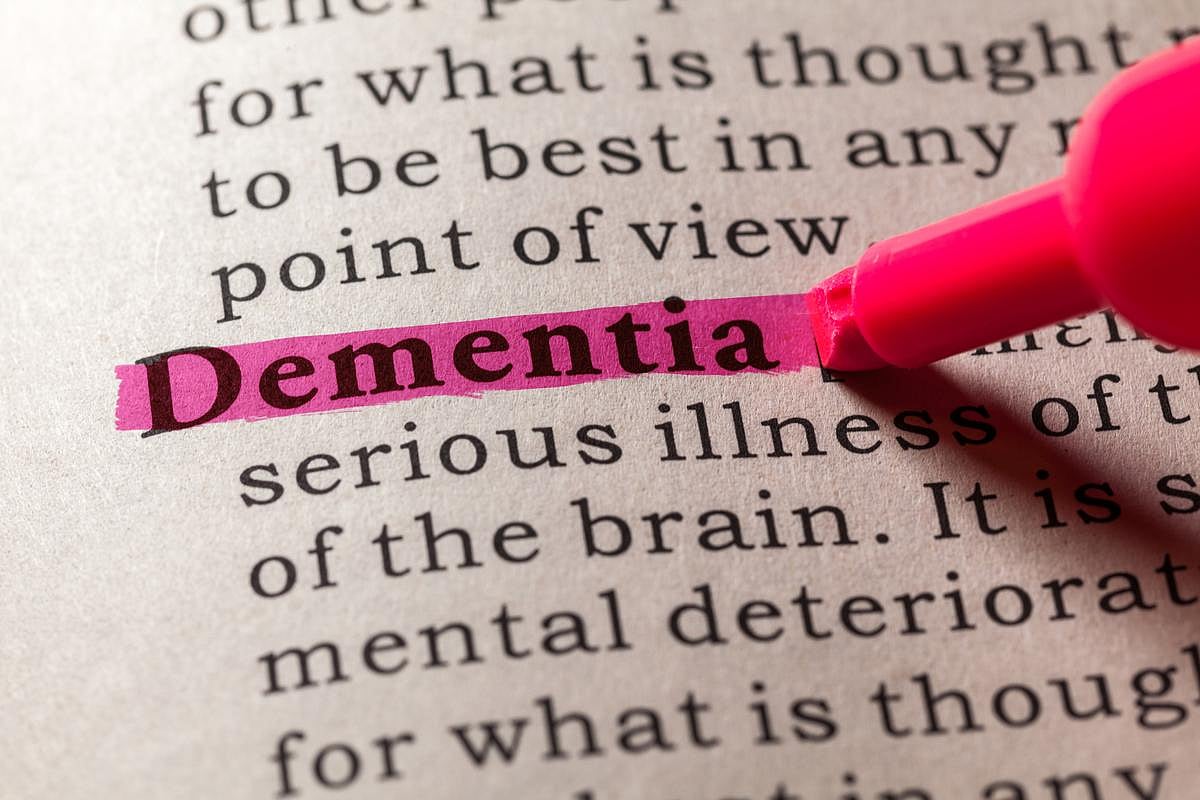Due to a recent change in our pharmacy software system, the process for submitting refill requests online has now changed.
Our previous mobile app and your current login credentials will no longer work.
Please click the Patient Portal tab to begin the new process.
Thank you for your patience during this transition.
New Patients Please Call 859-495-3972 or complete this New Patient Form
Manténgase sano!

- Dennis Thompson
- Posted July 1, 2025
AI Can Help Determine A Person's Specific Form Of Dementia
A new AI tool can help doctors hone in on a patient’s particular type of dementia, including Alzheimer’s disease, a new study says.
The AI tool, StateViewer, helped researchers identify a person’s dementia type in 88% of cases, according to results newly published in the journal Neurology.
The tool could help doctors identify dementia early and precisely, even when patients had many medical conditions that could be contributing to their cognitive problems, researchers said.
"Every patient who walks into my clinic carries a unique story shaped by the brain's complexity," senior researcher Dr. David Jones, director of the Mayo Clinic Neurology Artificial Intelligence Program, said in a news release. “That complexity drew me to neurology and continues to drive my commitment to clearer answers.”
StateViewer reflects that commitment, he said, describing it as “a step toward earlier understanding, more precise treatment and, one day, changing the course of these diseases.”
Researchers trained and tested the AI on more than 3,600 brain imaging exams called fluorodeoxyglucose positron emission tomography (FDG-PET) scans, which show how the brain uses glucose for energy.
The AI compares a person’s brain images against a large database of scans from people with confirmed dementia diagnoses. It then identifies brain patterns that match specific types or combinations of dementia.
For example, Alzheimer’s typically affects memory and processing regions, researchers said.
On the other hand, Lewy body dementia involves areas associated with attention and movement, and frontotemporal dementia alters regions responsible for language and behavior.
Overall, the AI can sort through brain patterns associated with nine different types of dementia, researchers said.
Color-coded brain maps highlight key areas of brain activity, giving doctors a visual explanation of what the AI sees and why it has given a particular diagnosis.
"As we were designing StateViewer, we never lost sight of the fact that behind every data point and brain scan was a person facing a difficult diagnosis and urgent questions," lead researcher Leland Barnard, a data scientist with the Mayo Clinic, said in a news release.
"Seeing how this tool could assist physicians with real-time, precise insights and guidance highlights the potential of machine learning for clinical medicine,” he added.
Mayo Clinic researchers plan to expand the tool’s use and test its performance in a variety of clinical settings.
More information
The National Institute on Aging has more about types of dementia.
SOURCE: Mayo Clinic, news release, June 27, 2025





